Canada’s premiers are gathering in British Columbia for their 2022 summer meeting, where they will start by meeting with the leaders of five indigenous groups under the National Indigenous Organization (NIO), which is co-hosting the annual event for the first time.
The opening meeting is co-hosted by B.C. Premier John Horgan, Songhees Nation Chief Rob Sam, and Esquimalt Nation Chief Rob Thomas at the Songhees Wellness Centre.
This is the first premiers’ annual meeting held on reserve land, a move welcomed by the Songhees Nation.
Premiers and the NIO leaders will discuss the welfare of indigenous families, youth and children, and the environment, said the statement.
NIO is comprised of five national indigenous leadership groups in Canada, including the Assembly of First Nations, Inuit Tapiriit Kanatami, Congress of Aboriginal Peoples, Métis National Council, and Native Women’s Association of Canada.
The premiers’ meeting comes just over a week before the Pope’s scheduled visit to Canada from July 24 to July 29, during which he is expected to offer an apology to indigenous groups over the impacts of residential schools set up by the Catholic Church.
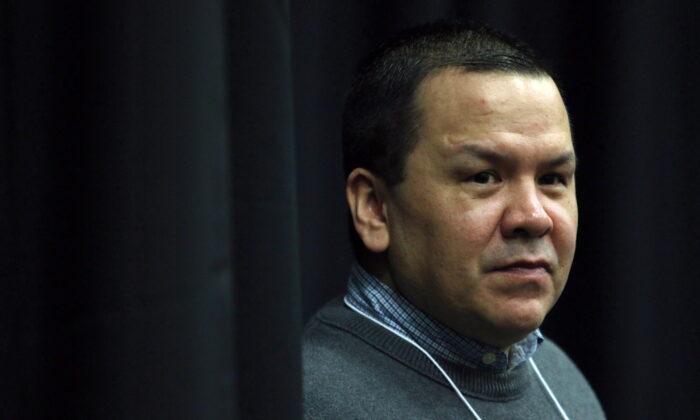

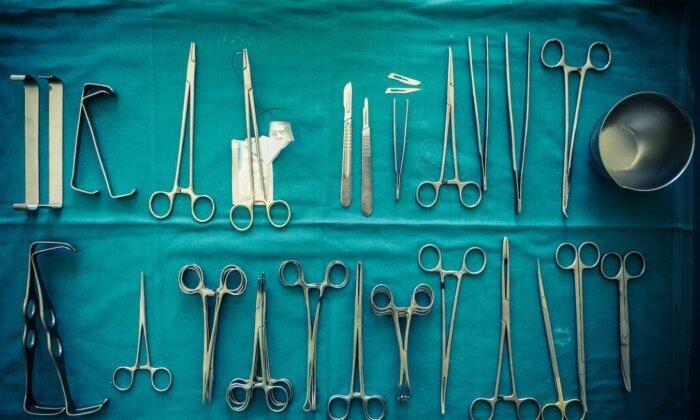
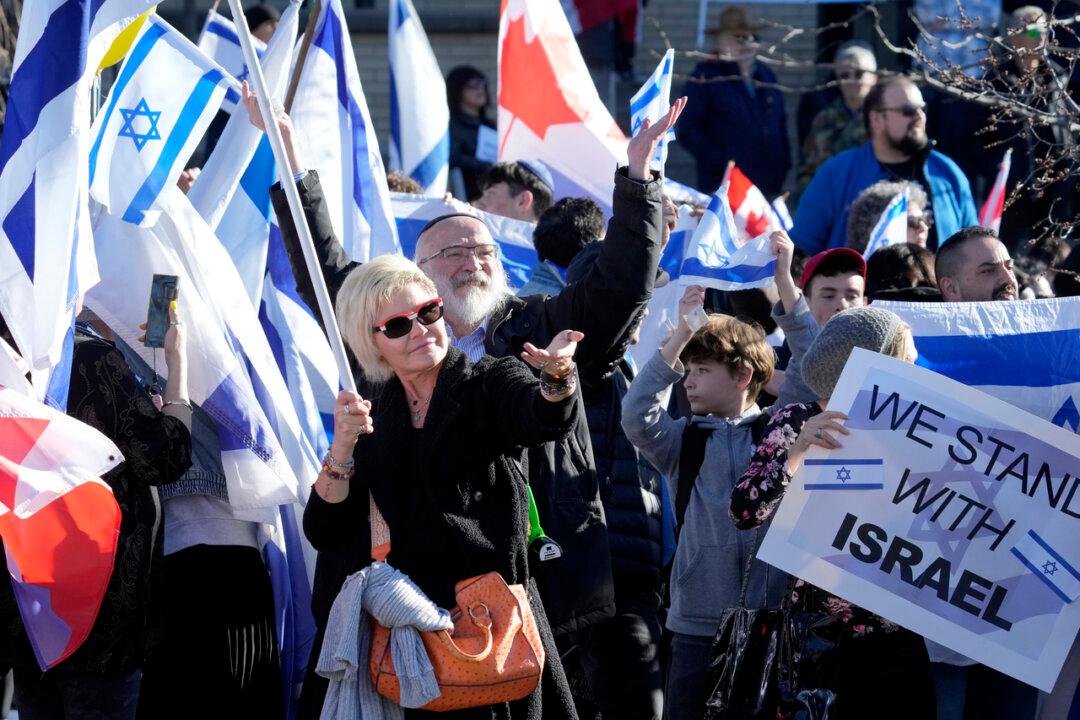
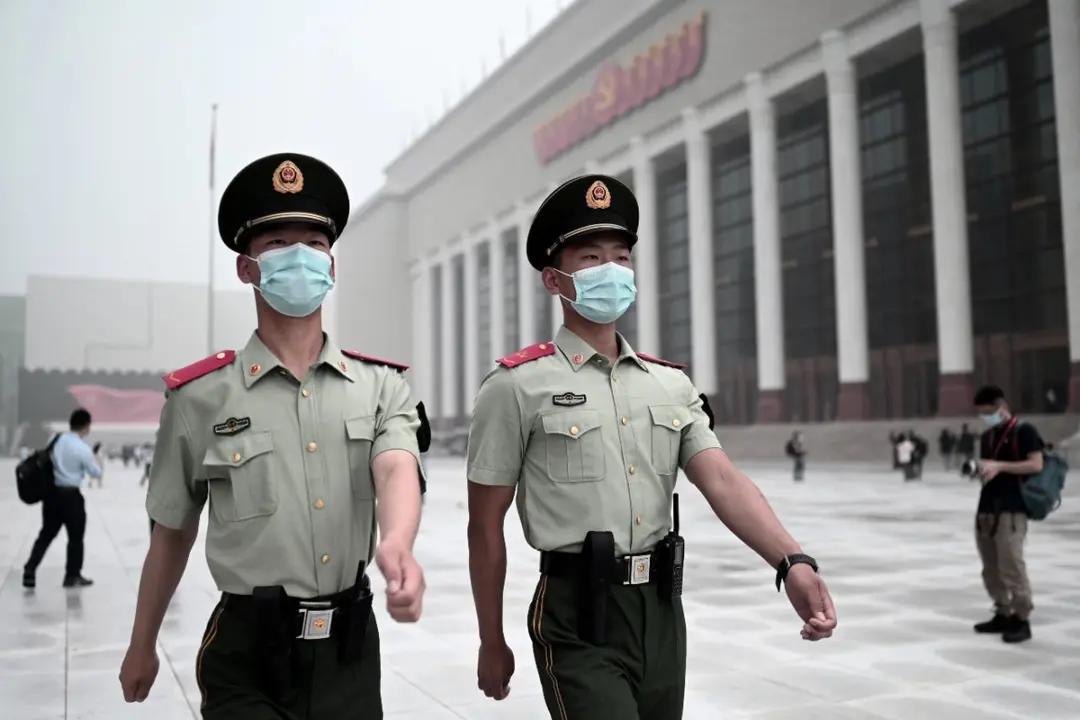
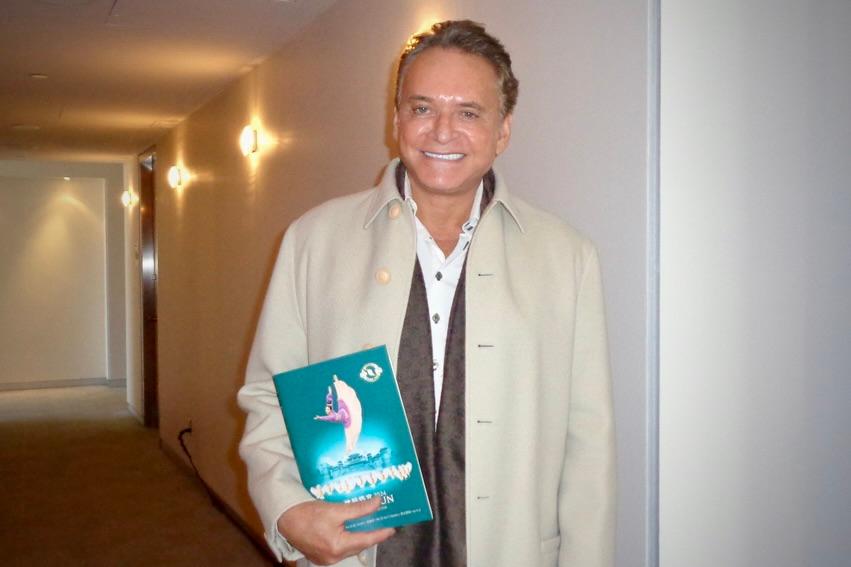
Friends Read Free